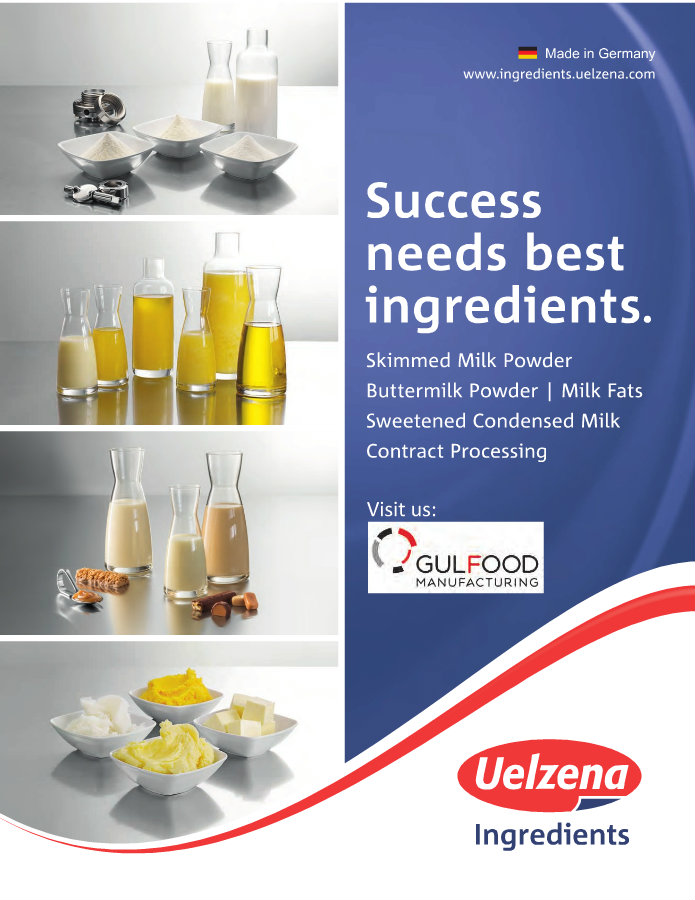
Doctors have also cautioned against eating roadside food during the summer.— PHOTO: M.A. SRIRAM
March 22 sees the highest temperature in the last four years
Have you been finding summer this year to be more sweltering than the last few years?
The weather observatory at the Central Sericultural Research and Training Institute (CSR&TI) near here has recorded 37.1 degrees Celsius on March 22 , which is the highest in the last four years.
The temperatures this March began with 33 degrees Celsius and climbed to 36 degrees Celsius on March 11 before touching a high of 37.1 degrees Celsius on March 22.
However, it has begun to dip marginally since then and reached 36 degrees Celsius on Saturday.
Speaking to The Hindu , CSR&TI scientist Rajashekar K. said that the highest temperature recorded during the last 11 years was 38 degrees Celsius in May, 2006.
Though the observatory at CSR&TI was not in a position to forecast weather, Dr. Rajashekar said that summer had set in early this year while the number of winter days had been cut short.
Weather experts pointed out that summer, which normally starts in March, had set in during February this year.
Meanwhile, Narendra Babu, research assistant at Weather Monitoring Centre at Organic Farm Research Centre of University of Agricultural Sciences (UAS) at Naganahalli on the outskirts of the city, said that the “average mean” temperature in March had been 33.8 degrees Celsius during the last 40 years.
“Though this year’s average temperature in March will be tabulated only after the end of this month, we expect the average temperature to be between 1 to 2 degrees more than the 33.8 degrees Celsius,” he said.
The public should be wary of gastroenteritis as well as dehydration during the hot summer days.
Doctors have reported an increase in incidence of gastroenteritis during the last few days.
“Several patients are walking into the hospital complaining of abdominal pain and loose stools with instances of food poisoning on the rise,” said Satisha, physician of Vikram Hospital.
In most cases, the patients would have eaten unhygienic food from the roadside or infected food in hotels. The hot temperature is favourable for activation of bacteria and virus, said Dr. Satisha cautioning people against consuming unhygienically prepared pani puri and other food items by the roadside. Even food prepared at homes could be spoilt if kept for long hours, he warned.
Similiarly, Smitha N. Kotian, consultant at Apollo BGS Hospital in Mysuru, warned people against eating cut-fruits served by the roadside, which is also an open invitation to gastroenteritis.
Dr. Satisha cited a rise in the number of people, particularly the elderly, complaining about thirst, weakness, fatigue, sweating and intolerable heat.
People should drink plenty of water to prevent themselves from dehydrated during the hot days. “Drinking two to three litres of water every day is recommended. In summer, people should drink at least three litres of water to remain hydrated and prevent the loss of electrolytes from the body through sweating,” he said.
While milder cases of dehydration can be treated with oral rehydration salt (ORS) available in sachets or prepared at home with water, salt, sugar and lemon, Dr. Satisha said extreme cases should be referred to the doctors or hospitals. Dr. Satisha advocated consumption of coconut as well.
Dr. Kotian also advised wearing of cotton and light coloured clothes. “Prevent direct exposure to sun. If exposure is necessary, cover yourself with an umbrella or shades to prevent heat stroke,” she said.
‘Protect your eyes in the summer’
Special Correspondent
With the sun emitting rays of different wavelengths, including the most damaging ultraviolet rays, opthalmologists have suggested people to protect their eyes by wearing sunglasses with ultraviolet (UV) protection.
“The best way to protect your eyes is with sunglasses with 100 per cent UV protection. Polarised glasses may be more comfortable to people working outdoors as they block glare,” said Pallavi Prabhu, consultant ophthalmologist, Sushrutha Eye Hospital, Mysuru.
Dr. Prabhu also suggested wearing sun hats wit h a wide brim to decrease UV exposure.
Dr. Prabhu also warned people against communicable disease like viral conjunctivitis, which breaks out during summer.
“During summer, communicable disease such as viral conjunctivitis is on the rise. Hence, washing of hand helps in reducing the load of virus,” she said.
Allergic conjunctivitis is also a common condition, which needs a lot of protective measures like avoiding the rubbing of the eye and using protective goggles.
Dr. Prabhu also pointed out that the eyes are stressed due to heat and exposure to sun throughout the day. Hence, she suggested cold compress of the eye. “Slices of cucumber can be used over the eyes to avoid puffiness,” she said.




